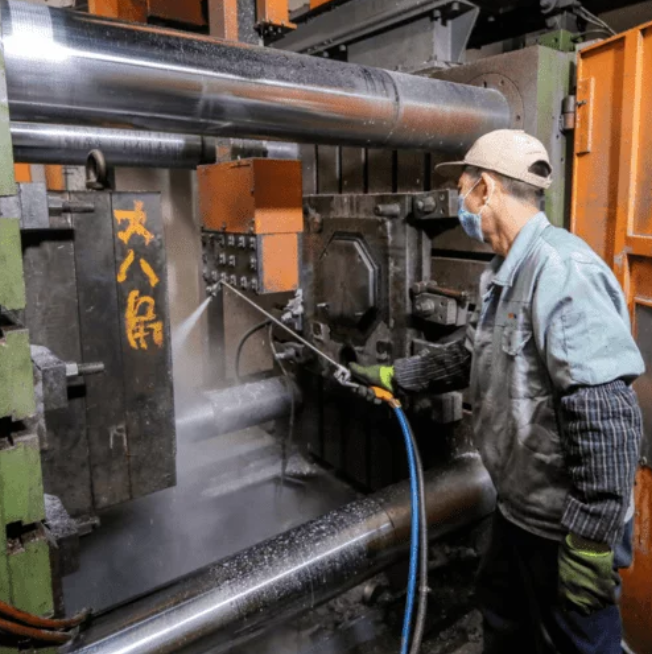Introduction:
Aluminum casting molds play a crucial role in the manufacturing industry, enabling the production of a wide range of aluminum products. To ensure the production of high-quality aluminum castings, it is essential to create molds that are precise and durable. In this guide, we will explore the key factors involved in creating high-quality aluminum casting molds, from material selection to mold design and maintenance.
1. Material Selection:
The choice of material for the mold is critical in determining its quality and performance. When selecting a material for aluminum casting molds, factors such as thermal conductivity, thermal expansion, and wear resistance should be considered. Common materials used for aluminum casting molds include tool steel, aluminum alloys, and graphite. Tool steel is highly durable and can withstand high temperatures, making it suitable for large-scale production. Aluminum alloys offer good thermal conductivity and are cost-effective for smaller production runs. Graphite molds are known for their excellent thermal stability and are suitable for intricate casting designs.
2. Mold Design:
The design of the aluminum casting mold is another crucial factor that determines the quality of the final product. A well-designed mold ensures proper filling, solidification, and cooling of the molten metal, resulting in a defect-free casting. The mold should have a proper gating system to facilitate the flow of molten metal and prevent turbulence. It should also have sufficient vents to allow the escape of gases during the casting process. Additionally, the mold design should consider factors such as draft angles, fillets, and radii to aid in the easy removal of the casting and minimize the risk of cracks or other defects.
3. Surface Preparation:
Before casting, the mold surfaces need to be properly prepared to ensure good metal flow and prevent defects. The mold should be cleaned thoroughly to remove any dirt, dust, or previous casting residue. Additionally, a suitable mold release agent should be applied to the surfaces to facilitate easy removal of the casting without causing any damage to the mold. Proper surface preparation helps in achieving a smooth and accurate casting surface finish.
4. Mold Temperature Control:
Maintaining the proper mold temperature is crucial for achieving precise and defect-free aluminum castings. The mold needs to be preheated to a specific temperature before the casting process to ensure proper metal flow and solidification. During the casting process, the mold temperature should be controlled using various cooling techniques such as water cooling or air cooling. Proper mold temperature control helps in reducing casting defects like shrinkage, porosity, and distortion.
5. Mold Maintenance:
Regular maintenance and inspection of the aluminum casting molds are essential for their longevity and performance. Mold surfaces should be inspected for any signs of wear, cracks, or damage, and repaired promptly. The mold should also be cleaned and lubricated regularly to prevent any buildup of residue or corrosion. Additionally, any changes in the casting process or material should be carefully evaluated to ensure the mold is compatible and can produce high-quality castings consistently.
Conclusion:
Creating high-quality aluminum casting molds requires careful consideration of various factors, from material selection to mold design and maintenance. By selecting the right material, designing an efficient mold, and maintaining it properly, manufacturers can produce precision aluminum castings that meet the desired quality standards. Investing time and effort in creating high-quality molds ultimately leads to cost savings, improved productivity, and customer satisfaction in the aluminum casting industry.
-

- Magnesium alloy die-casting wheel for ebike
-

- OEM Die casting manufacturer produce magnesium alloy wheel for kids push bike
-

- CNC machined parts & components
-

- Magensium mountain bike frame
-

- parts&comopnents for bicycle suspension fork for MTB
-

- Magnesium alloy Thixomolding parts for oxygen suction machine housing

 0086-750-5616188
0086-750-5616188 +86 13392089688
+86 13392089688 sales@zhongmei-tech.com
sales@zhongmei-tech.com








